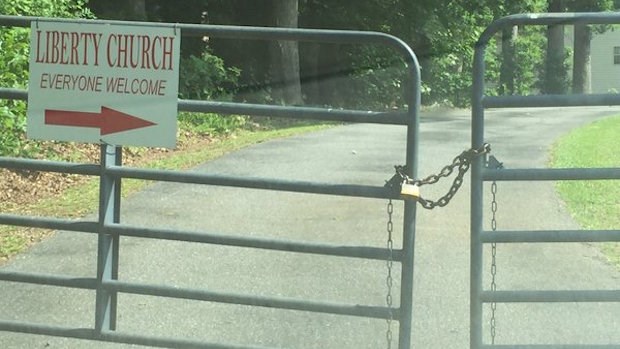 |
| AP Photo/Phelan M. Ebenhack |
From a former Muslim:
None of us can think entirely objectively, especially at the heels of a terrorist attack charged with so many political controversies. The rhetoric and agendas are flying, even though the dust has not yet settled. Gun control? Homophobia? Islamophobia?
As we are clouded by agendas and struggling to react, two opposing positions are coming to the fore: “Islam is a religion of peace and Mateen’s actions therefore have nothing to do with Islam,” or “Islam is inherently violent therefore we must see all Muslims as latent threats.”
How can we understand this dilemma? How do we not react against all Muslims despite the fact that Islam has always taught such violence? My answer is simple: truth and love. This may sound trite or fanciful, but I am not advocating a whimsical or baseless love, which would never stand in the face of Jihad. I think we must respond with a love grounded in truth and self-sacrifice, reflecting the person and heart of Jesus Christ. After all, he died not slaughtering his enemies, but forgiving them. And Christians are to follow in our Savior’s steps.
And from a celibate homosexual man:
Hopefully, today has awakened within every believer’s heart, the reality that every LGBTQ person is our neighbor and even more significantly, fellow image bearers and heirs to the common grace of God in this life!
The news that 50 people were shot and killed and 53 more injured in a mass shooting at Pulse nightclub in Orlando, Florida, is a sobering reminder of many terrible realities. It is too easy to give into hate, too easy to target vulnerable populations, too easy to abuse the freedom to own guns, and tragically, way too easy to devalue human life.
The tragedy in Orlando is also a reminder to Christ’s church that our LGBTQ neighbors are vulnerable, and too often radical elements of our religious world devalue their humanity. To be clear, any attempt to link this tragedy with sincere disagreements over theology is opportunistic and a sad distraction from the larger reality of lives lost here. The Orlando tragedy is the outworking of a broken heart, which harbored hate and a view of God that would allow for such actions.



















